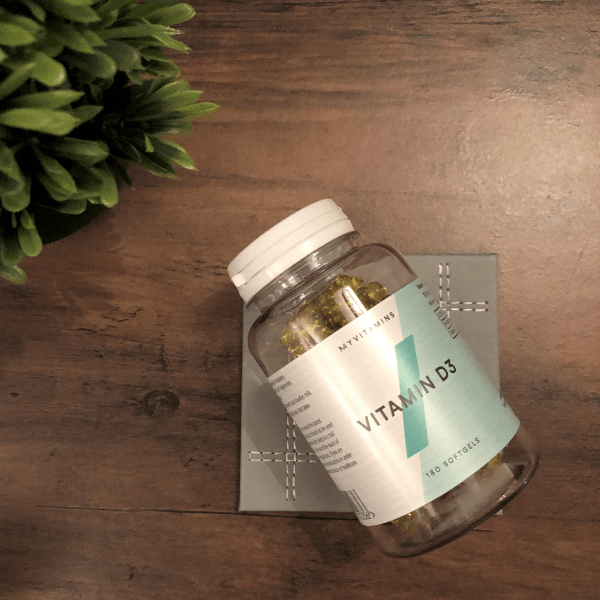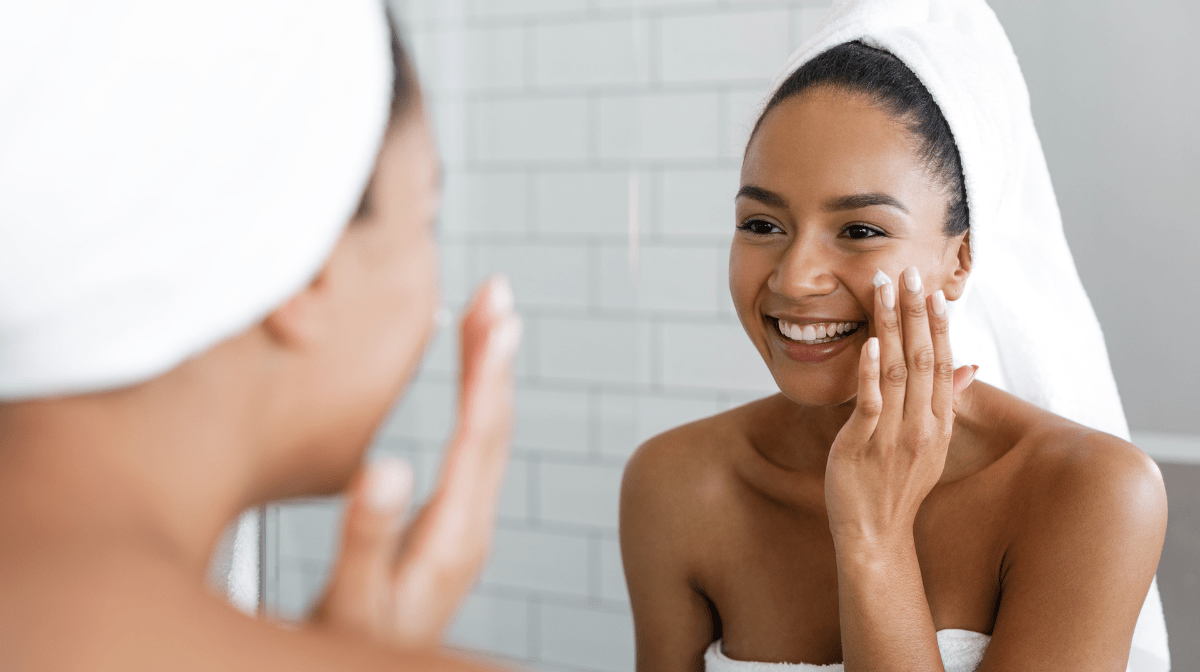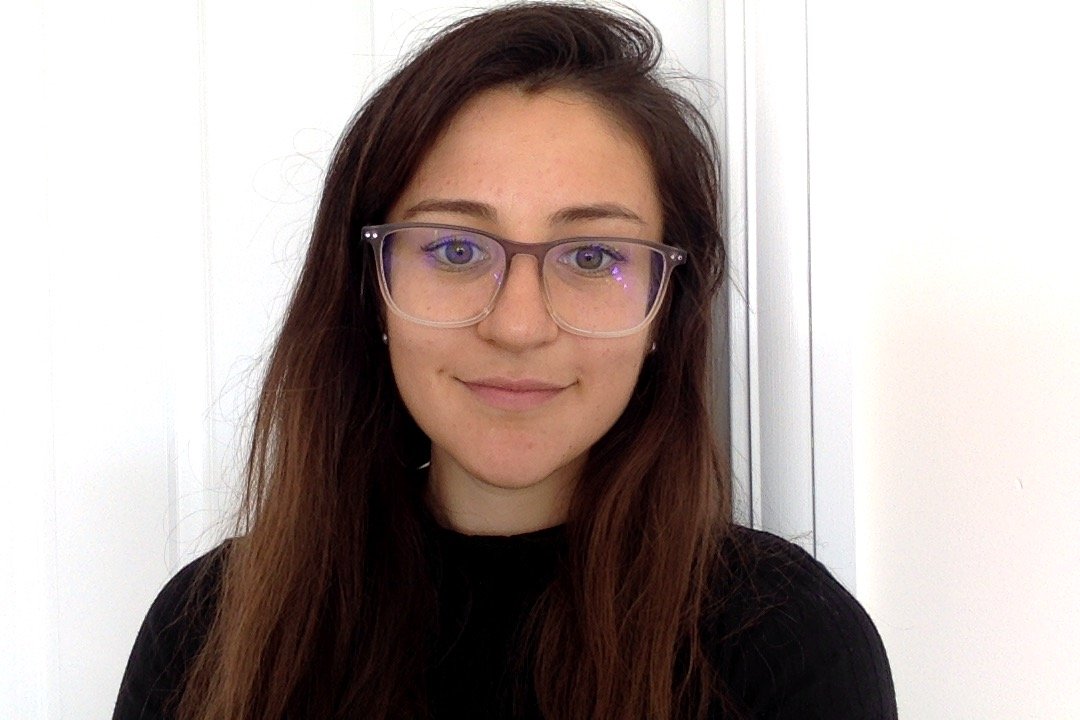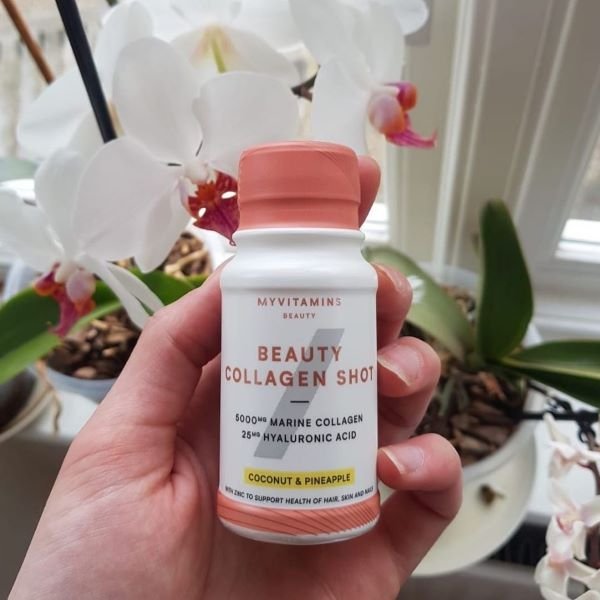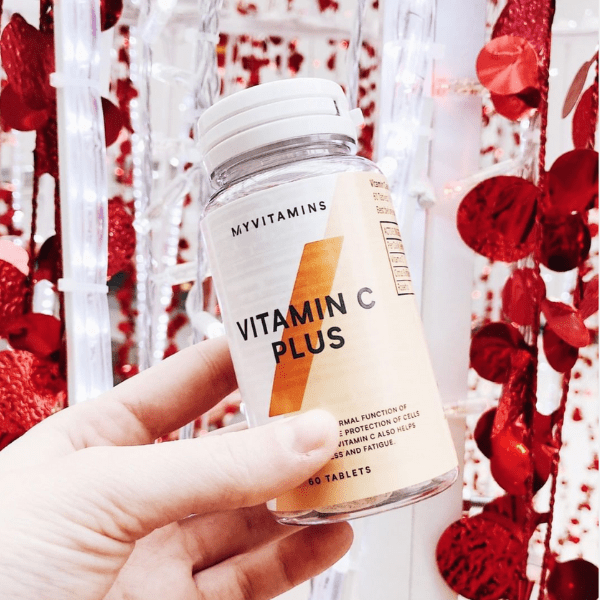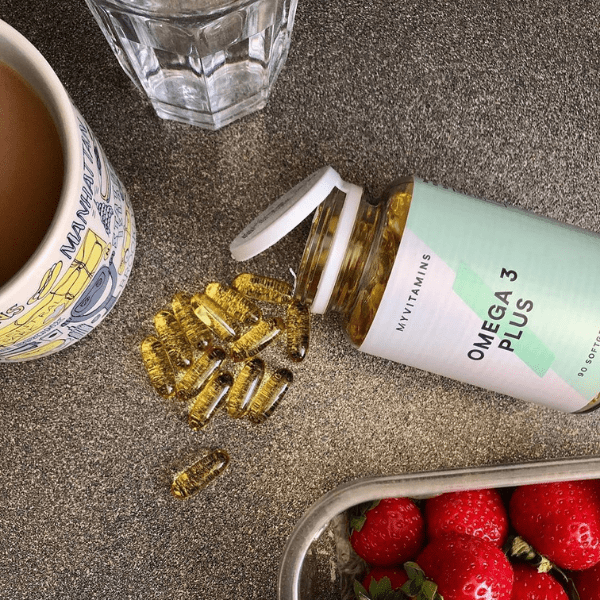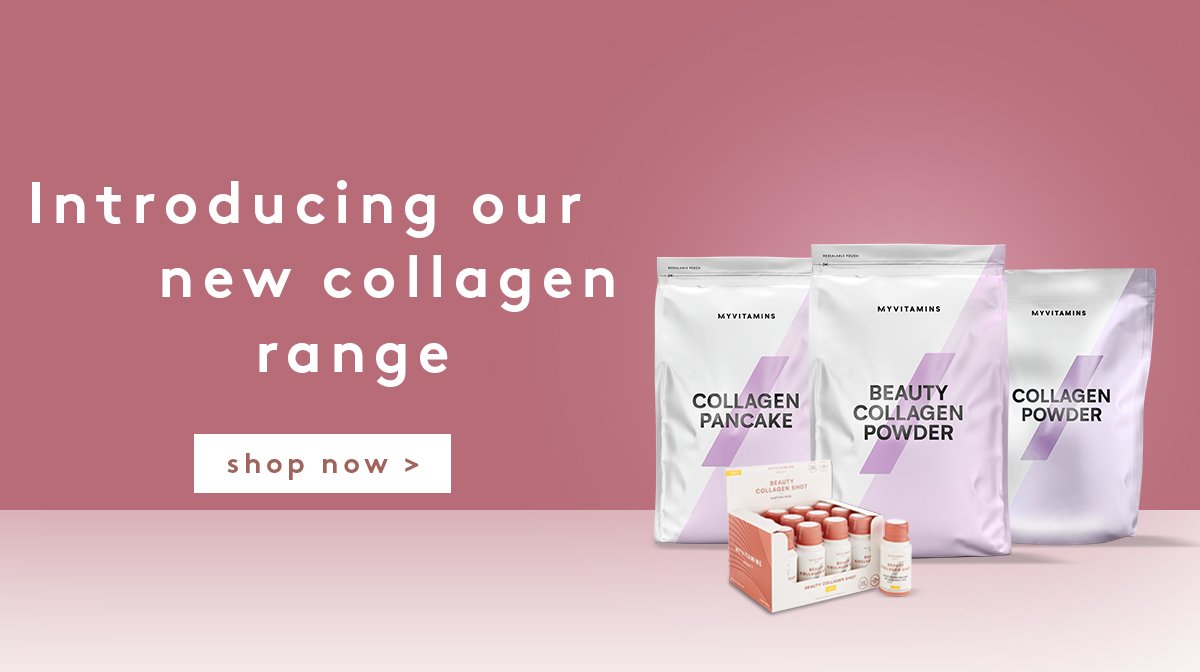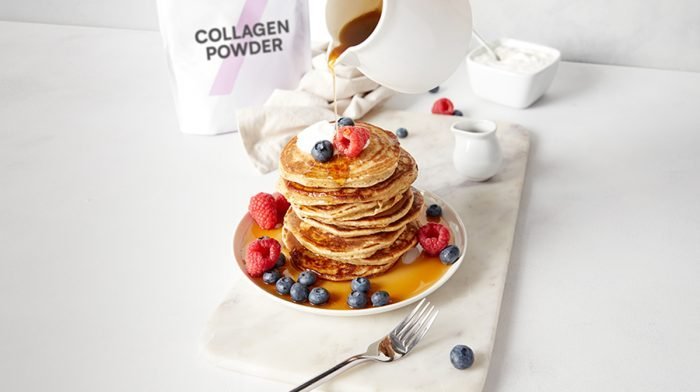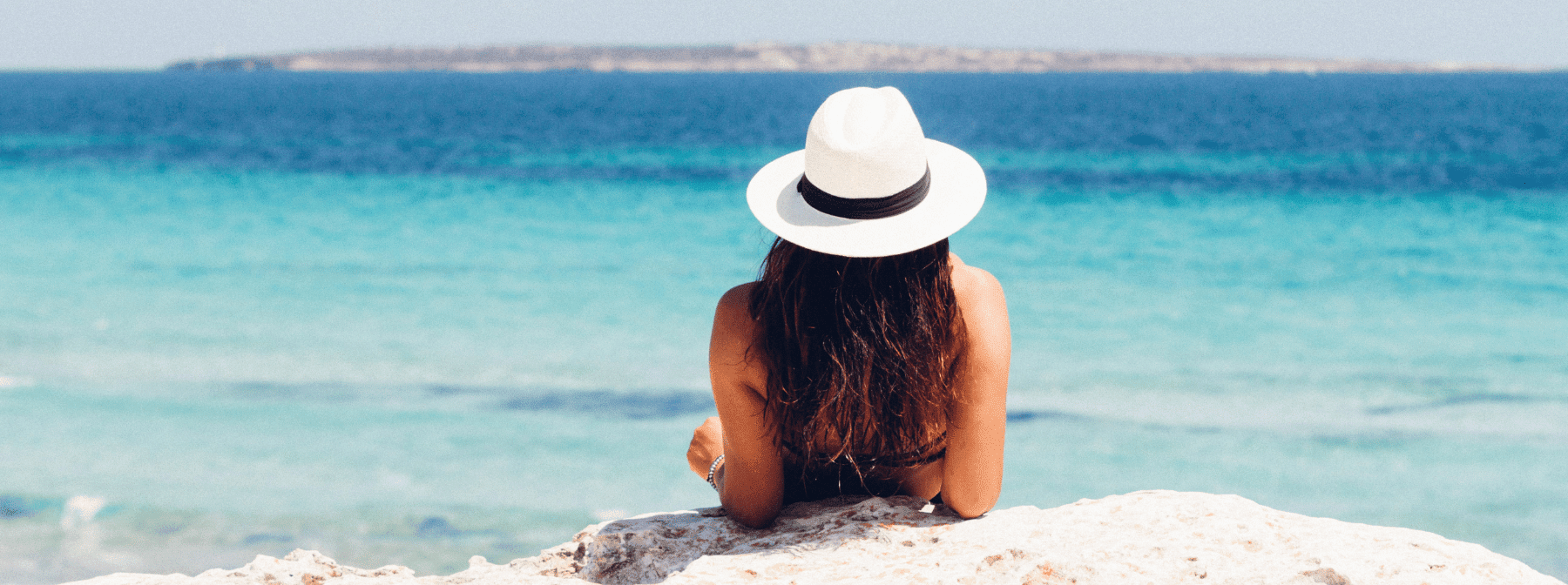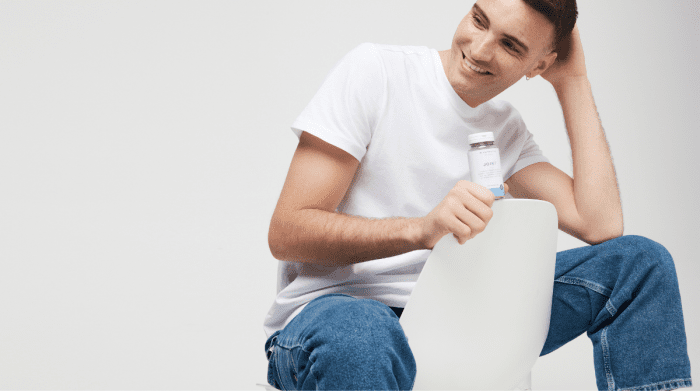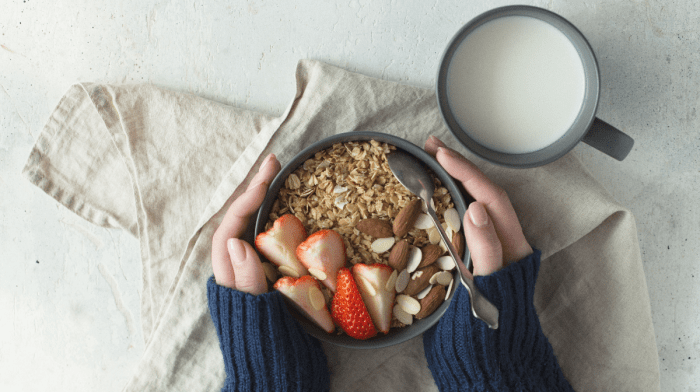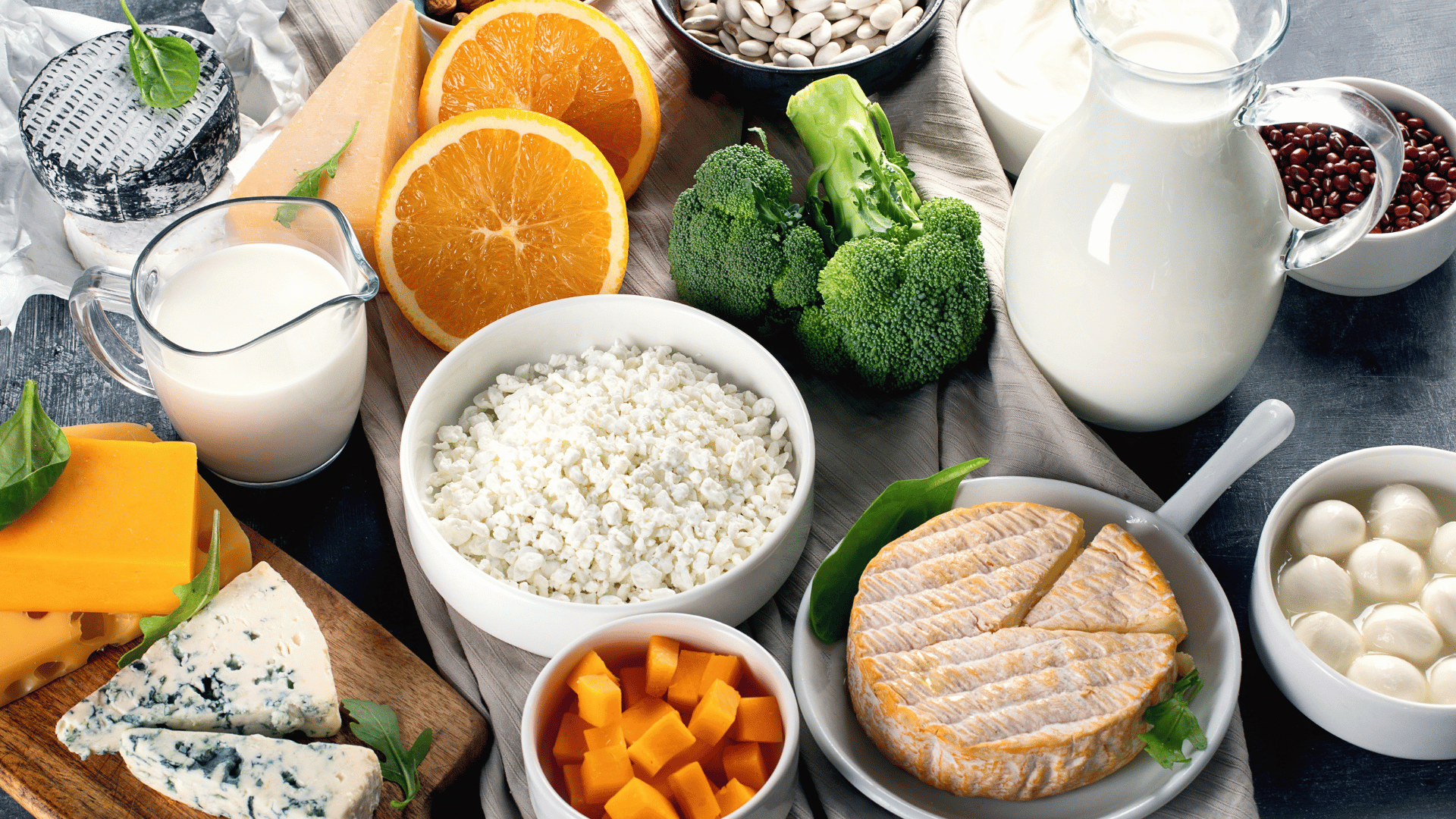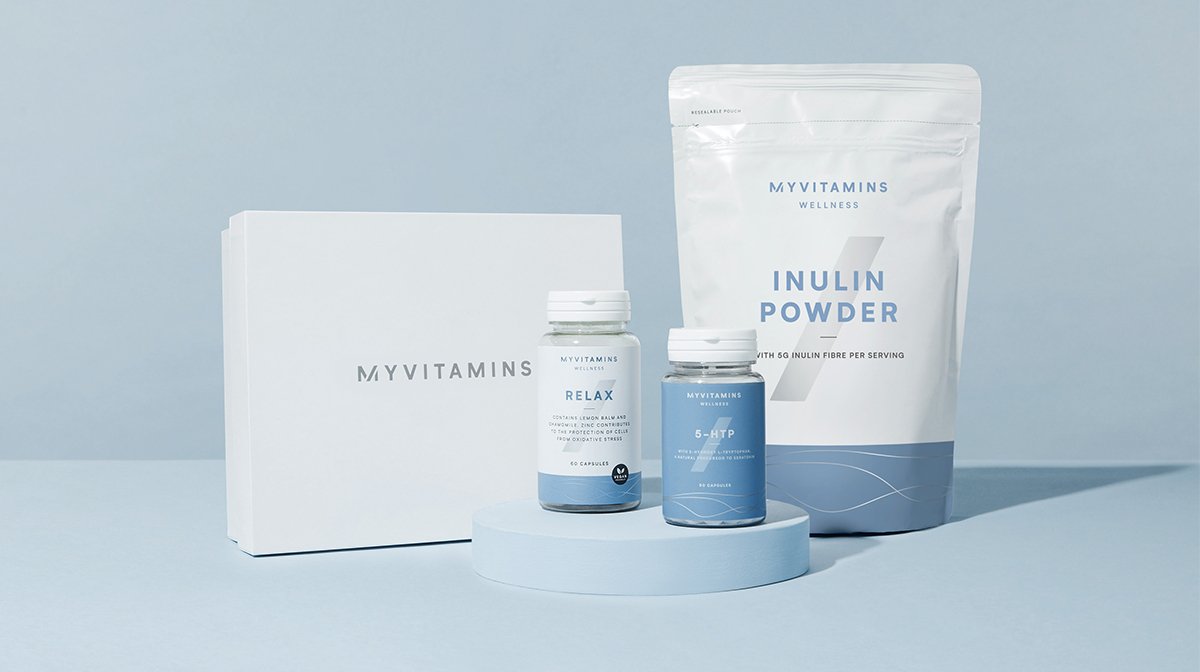Whilst some causes of ageing are genetic, most of the ageing process is determined by lifestyle choices. As a Nutritionist, I know that the health of our skin is hugely impacted by our diet, and it’s never too early to make anti-ageing choices.
Here’s everything you need to know about the ageing process.
Sunlight
Collagen, elastin and water determine how youthful our skin is. As we age elastin levels decrease, with UV light responsible for the majority of this damage, known as ‘photo-ageing’. Whilst we all require more vitamin D in the UK, you should always protect your skin from UV damage with SPF.
To reach our vitamin D goals, it is recommended that all people in the UK take vitamin D supplements between October and March, with the minimum recommended dose set at 10 micrograms.
